“Emptiness is the ground of everything. Thanks to emptiness, everything is possible.”
“Your thoughts emerge from the nothingness of silence. Your very essence emerged from emptiness.”
My wife and I recently watched Broadchurch, an ITV crime-mystery series. It was captivating, well-acted (Olivia Coleman, as always, was amazing), and surprisingly insightful. Each episode hinted at a different, possible suspect and lured us into believing our assumptions and judgments about each one were surely accurate. And then, of course, new, cleverly presented, evidence made us doubt our beliefs and switch our assumptions to another suspect. For me, the lesson from the series was: Don’t be too quick to make assumptions or judgments about people. You have no idea what’s going on in their life or what has happened in their lives—what has emptied them in the past or what fills them in the present.
That insight inspired me to return to the teachings of Buddhism.
Emptiness, in Buddhist terms, doesn’t mean nothingness.
It means that every single thing we encounter, including ourselves, goes beyond our ability to conceive of it.
We call it emptiness because nothing can ever explain it.
Reality itself is emptiness because we can’t possibly fit it into our minds.
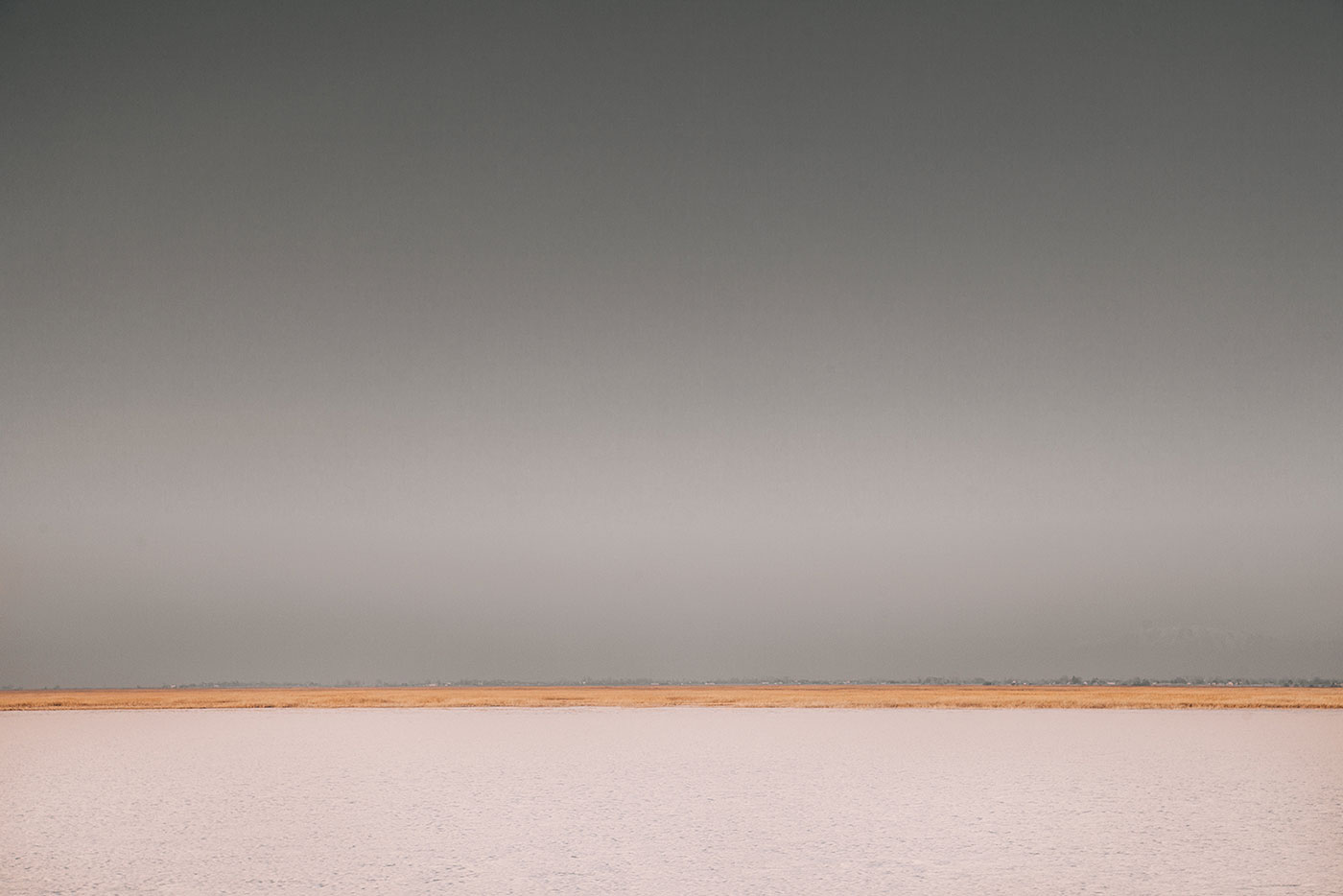
When I did a search on emptiness, I rediscovered the work of Fritz Perls and Gestalt therapy. Perls described emptiness as the fertile void—a state of not knowing, a precursor to something new and generative, and perhaps a state of feeling simultaneously empty and full at the same time.
The “fertile void” is the idea that moments in life marked by massive transitions, emptiness, loss, and confusion can also be moments of pure magic and possibility.
In fact, feeling confused in areas of life can be a really healthy and wonderful sign that there’s so much more waiting for us. We need moments of rest, visioning, and recalibration in order to move forward with integrity.
In this post, I will share some ideas for recalibrating constructively in “the fertile void” and how to navigate feelings of lostness and confusion.
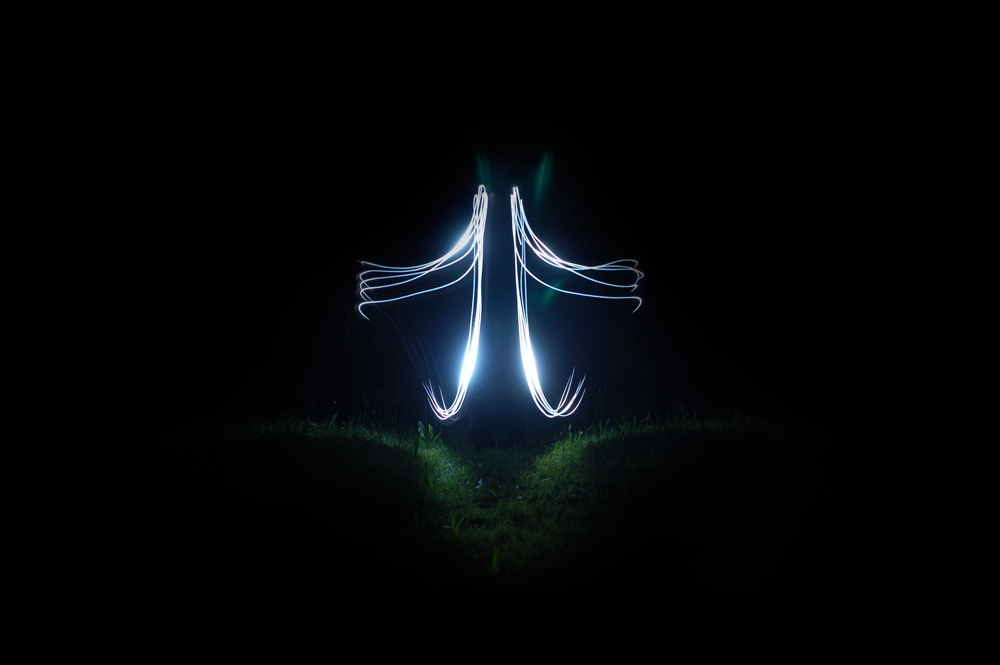
It’s a follow-up to a post I wrote eight years ago on emptiness.
The word emptiness itself evokes a lack, an absence, or even desolation. Yet, at times, this seemingly negative concept holds the paradoxical key to a richer, fuller experience.
When understood from a different perspective, emptiness is not a state of nothingness, but a starting point for growth and fulfillment.
One way to grasp this idea is through the lens of creativity. An artist staring at a blank canvas is not confronted with nothingness, but with immense potential. The emptiness becomes an invitation to create, to fill the void with color, form, and meaning.
As someone who writes a lot (maybe too much), I often have the experience of facing a blank page and feeling paralyzed by my inability to find the “right” words to express my thoughts.
That emptiness often provides me with the essential space for something fresh and new to emerge.
In those moments, I feel empowered by the possibility of crafting a meaningful message.
Beyond the realm of artistic creation, emptiness allows us to experience life more fully.
When our schedules are crammed and our minds are cluttered, there’s little room for genuine connections or new experiences.
Paradoxically, our fullness leads insidiously to emptiness.
Think, for example, about people on the corporate ladder who cram their day so full of ambitions and tasks that they end the day feeling completely empty of any meaning. My hunch is that many, many people experience the emptiness of fullness more than they experience the fullness of emptiness.
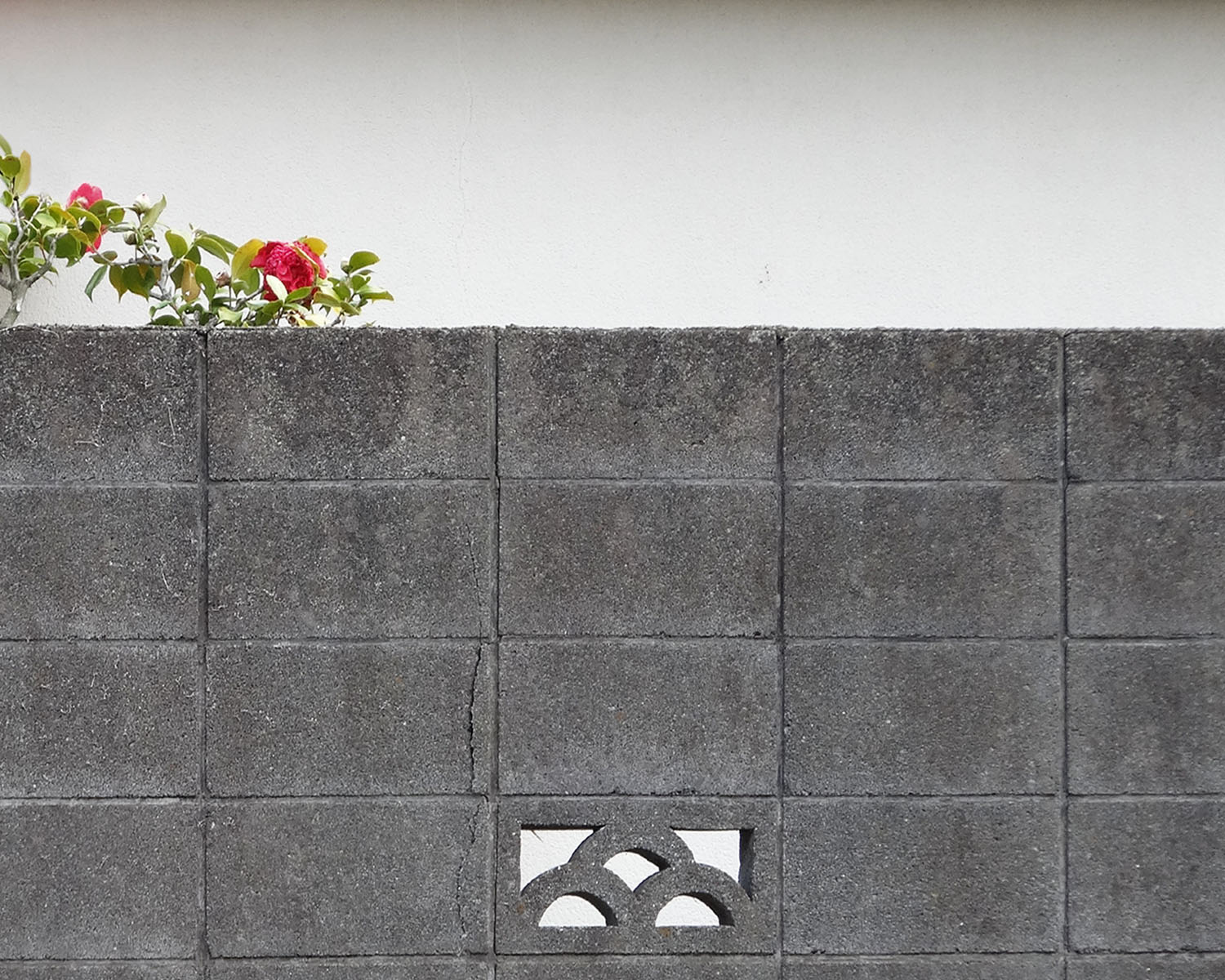
Conversely, taking time for solitude, clearing our calendars, and quieting our minds creates space for introspection, reflection, and appreciation.
In our quietude, we can reconnect with ourselves, rediscover hidden passions, and become more present in the world around us.
I recently watched a recorded memorial service for the 33-year-old son of a good friend of mine who died of colon cancer. He was a 250 pound football star who played for the University of Michigan as the starting defensive end. His death had to be a devastating experience for the whole family—one that will leave them feeling an emptiness in their lives for as long as they live. I can’t even imagine it, nor do I want to. What struck me, however, in listening to the service, was how each family member and his beautiful, young widow were filled with the faith that they would be re-united in heaven. While I don’t share the faith they have, I understand how that faith helped them find their way through the emptiness of this loss.
That experience left me with ambivalent feelings. I was amazed that they were able to share touching and beautiful memories of this incredible scholar, athlete, friend, son, brother, husband, and father and still manage to get through the service without completely losing it. Their fullness of faith made me realize how vulnerable I am to loss, because I am so empty of religious faith.
It didn’t make me want to join a church, but it made me wonder about the different sources of fulfillment that people embrace to get through difficult times and what the consequences are, for better or for worse.
I also wondered how their experience might compare with the experience of the families of the 1,200 people massacred in Israel or the 31,000 people in Gaza who have died in the Israeli response to the attack. Each life represents a loss to a family. Thankfully, my friend and his family have the resources and sources of fulfillment to continue their lives, but the grieving people in war zones often have to wake up the next day not only to hunger and fear, but also to more violence and more loss.
It made me question how different people with different experiences and resources are able to fill the void of their loss with anything that would give them comfort and meaning.
I have no idea what the answers are to those questions. I am left feeling empty.
What fills me with hope and enthusiasm are my family, friends, and new ideas. Meditation empties me and fills me. Exercise empties me and fills me. Writing empties me and fills me. Interactions with family members sometimes drain me, but more often, thankfully, they fill me with love, joy, and gratitude. I have suffered many losses, but I have been lucky enough to fill my life with multiple sources.
One thing I’m proud of in my life is my willingness to sort through a great deal of madness to find nuggets of genius. Like the tribute I made to my friend Leanne in a recent post, whom I described as a miner for Neil Young’s heart of gold, I’m guilty of being a miner for ideas of gold.
I’ve always found that the best ideas are usually found at the margins, where madness, or perceived madness, often lives.
Sorting through the madness and opening to genius instead of reacting to provocative ideas or defending the status quo may lead to new possibilities. Sometimes that search has driven my family a bit mad, but fortunately they didn’t empty the house in defensive reaction. I guess what I’m hoping for in my own life is that I will be able to empty myself of whatever madness I may be carrying around and find a few sparks of genius to ignite fulfillment. I think that is probably true for all of us.
I am also proud of the presence I’ve been able to bring to my loved ones. While it is true that I have been physically absent for too much of their lives, I do believe that, when I’m with them, I try to be fully present. The only way I can be fully present in those moments is to empty myself of all the ideas running around in my head. In order to be fully HERE FOR THIS, I need to empty myself of being THERE FOR THAT.
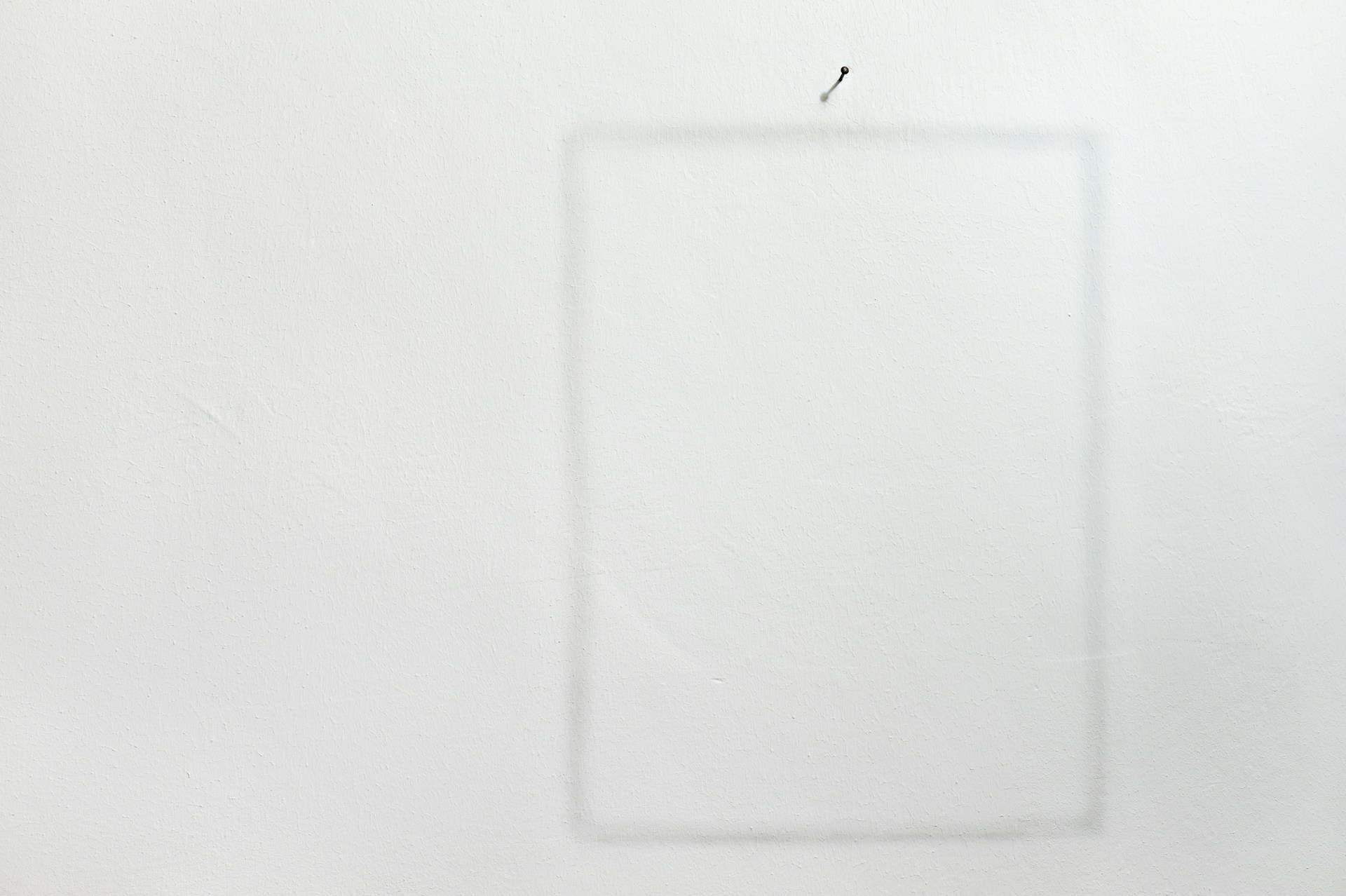
As always, I have more questions than answers: What fills us with love and joy? What drains us and leaves us feeling empty? How do our sources of fulfillment both limit and comfort us? When does our “fullness” keep us from the fertile void that could nurture creativity, passion, and possibility. How do we empty ourselves of the past and future and fill ourselves with the present?
How do we empty ourselves of “answers” and fill ourselves with the right questions?
In short, how can we find the fullness of possibility in our emptiness…and avoid the emptiness of our fullness?
I’m hoping that we can be more like Buddha and see emptiness as the ground of everything and as the spark for something fresh and new. I’m also hoping, as Dyer suggests, that great thoughts and specks of genius will emerge from the nothingness of silence. Finally, I’m hoping that all of the political, religious, cultural, and economic noises bombarding us every day won’t fill us to overflowing and/or preclude us from returning to that fertile void where we may create the space to find meaningful solutions for our lives, our loves, and our planet. May it be so.
Also published on Medium.
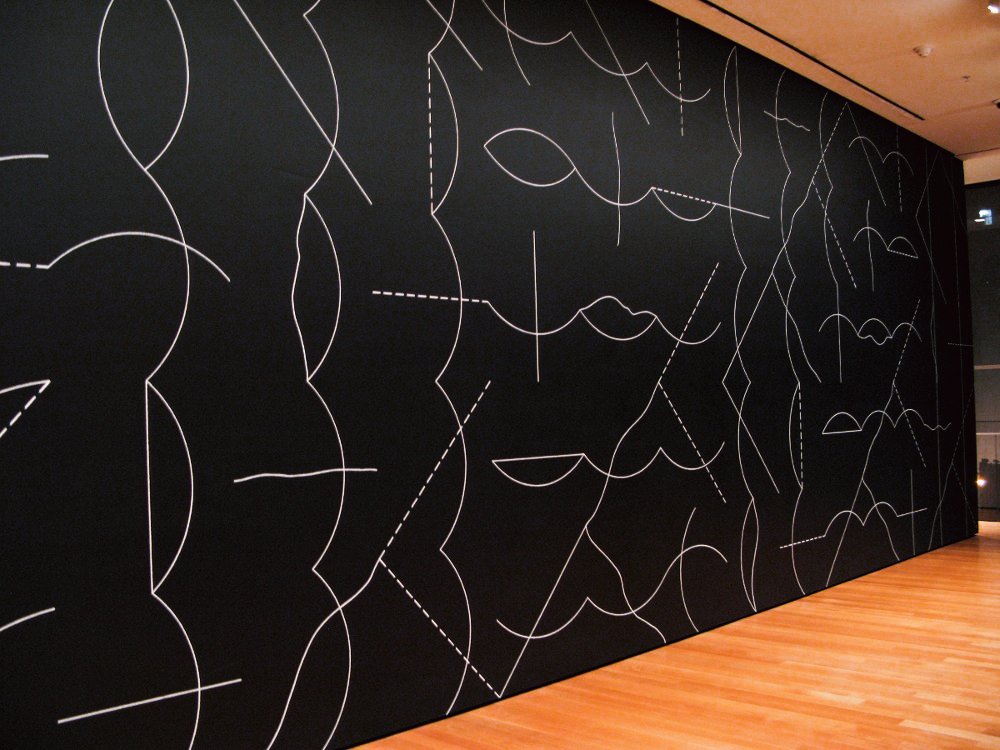

Outstanding post Ricky! Thank you
Beautifully written Rick. Thank you for always sharing your important insights.